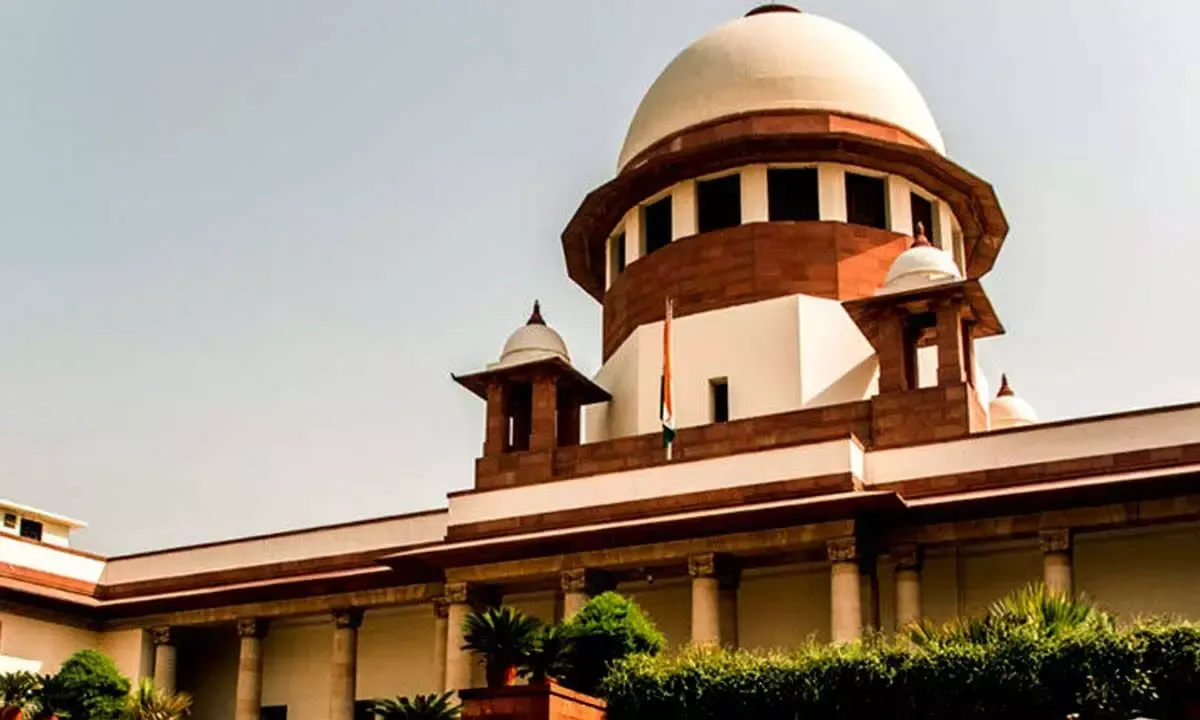Introduction
The recent developments within India's judicial system highlight the ongoing tensions between the Supreme Court and the central government regarding judicial appointments. The Supreme Court Collegium has made significant alterations to its earlier recommendations for the appointment of four Chief Justices to various High Courts, a decision influenced by delays from the central government.
Background
The appointment of judges in India is a complex process involving the Supreme Court Collegium, which comprises the Chief Justice of India and the four senior-most judges. This body recommends candidates for appointments and transfers of judges in the higher judiciary. However, the final approval rests with the central government, which can create friction, particularly when there are delays or disagreements over appointments.
Initial Recommendations
Initially, the Collegium had recommended candidates for four High Court Chief Justices. These recommendations are usually based on a combination of seniority, merit, and regional representation, aiming to ensure a diverse and competent judiciary. However, the process has often been marred by political influence and bureaucratic delays.
Government Delays
The central government’s procrastination in approving these appointments has been a point of contention. Delays can disrupt the functioning of the High Courts, leading to a backlog of cases and affecting the administration of justice. The government’s reasons for these delays can range from concerns over a candidate's background to broader political considerations.
Revised Recommendations
In light of the delays from the central government, the Supreme Court Collegium decided to revisit its recommendations. The revised list reflects a strategic recalibration, aiming to ensure that the appointments can proceed without further obstruction. This alteration is indicative of the Collegium’s recognition of the need for cooperation between the judiciary and the executive, despite the inherent tensions.
Implications of Changes
The modifications made by the Collegium could have several implications. Firstly, it may pave the way for faster appointments, ensuring that judicial vacancies are filled and that the courts can function more efficiently. Secondly, it raises questions about the independence of the judiciary and whether external pressures influence the Collegium’s decisions.
Judicial Independence
The independence of the judiciary is a cornerstone of democracy. However, when the executive branch delays or obstructs judicial appointments, it raises concerns about the separation of powers. The Supreme Court’s response to these delays by altering its recommendations could be viewed as an attempt to assert judicial authority while also accommodating the realities of the political landscape.
Future Considerations
Looking forward, this situation underscores the need for reforms in the judicial appointment process. There have been calls for greater transparency and a more structured approach to judicial appointments to minimize conflicts between the judiciary and the executive. Possible solutions could include establishing a more robust framework for consultations and clearer timelines for the approval of recommendations.
Conclusion
The recent alterations by the Supreme Court Collegium in response to government delays highlight the ongoing challenges within India’s judicial appointment process. While these changes may facilitate quicker appointments, they also raise critical questions about judicial independence and the balance of power between the branches of government. As the situation evolves, it will be crucial for both the judiciary and the executive to find common ground to uphold the integrity of the judicial system.










0 Comments
Thank you for your response. It will help us to improve in the future.